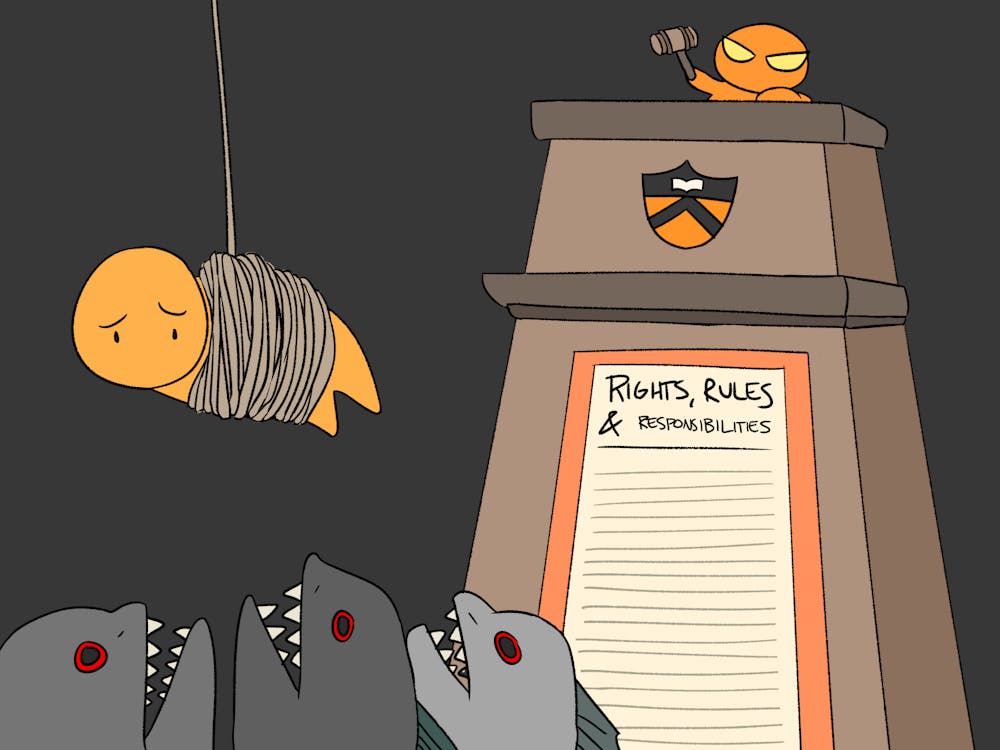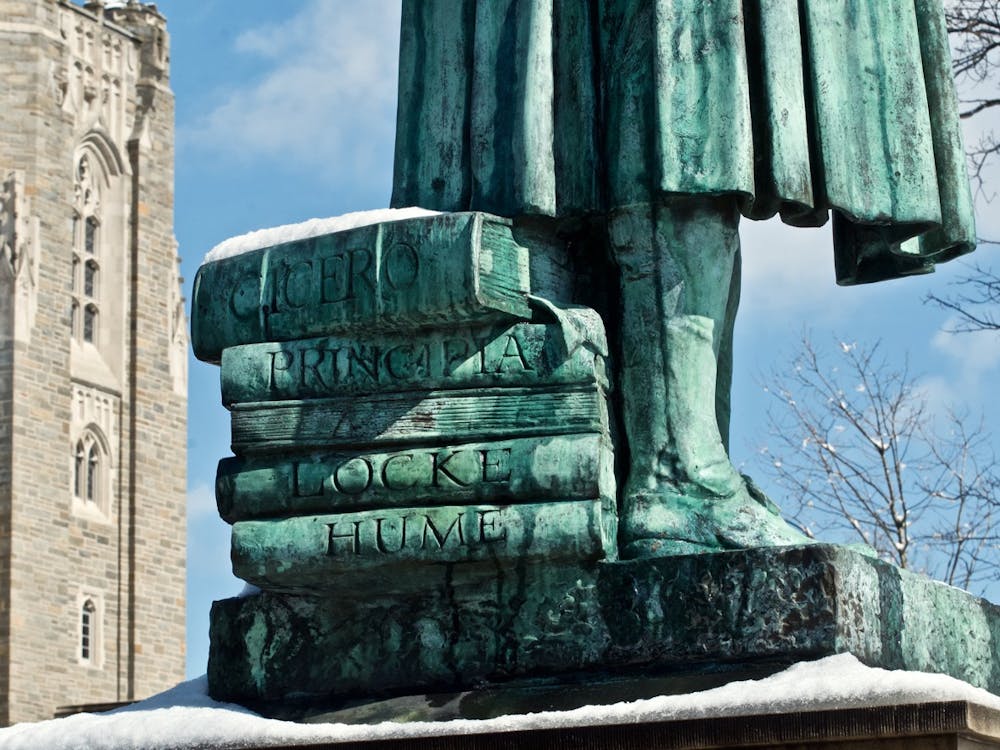The following content is purely satirical and entirely fictional. This article is part of The Daily Princetonian’s annual joke issue, which you can find in full here. Don’t believe everything you read on the Internet!
During the Undergraduate Student Government (USG) meeting on Sunday, Nov. 29, the Senate voted to approve an amendment to the Constitution of the Honor System, which implements trials by ordeal, rather than hearings, for suspected Honor Code violations. The trials will closely resemble the three traditional medieval ordeals: ordeal by hot water, cold water, and hot iron. The severity of accusation will determine which trial the student endures.
“We’ve let a lot of things go over the years,” one member of the Honor Committee said. “I think this laissez-faire attitude toward academic integrity is the sole reason why the average Princeton undergrad’s experience has, frankly, gone to shit since March. Hopefully the implementation of this new policy will really give all Princetonians some relief.”
It was noted that the Constitution of the Honor System may be amended in two ways: either the student body can vote or 13 out of 15 members of the Honor Committee and three-quarters of the Senate can vote to approve the amendment.
One Senate member asked whether the Committee pursued the second route of approval in an effort to avoid predictable student outrage, but she experienced technical difficulties midway through her question, and it went unacknowledged.
If the student is suspected of violating the Honor Code on a problem set, they will be judged via ordeal by hot iron, where, following medieval tradition, they are required to carry a burning hot iron from the steps of Nassau Hall to FitzRandolph Gate. To prove their innocence, they cannot sustain burns.
“I just think it’s so unfair,” an anonymous MAT202 student told The Daily Princetonian. “On a good day, I can’t make it from Nassau Hall to FitzRandolph Gate in a reasonable amount of time — the tourists, you know — so how am I expected to do it with a burning hot iron in my hands?”
Suspected violations of the Honor Code on midterm examinations will result in ordeal by cold water. This stipulates that the accused will be dunked into the freezing water of DeNunzio Pool. If they are innocent, they will sink. If they are guilty, they will float.

Undergraduates suspected of violating the Honor Code on a final examination will be subjected to ordeal by hot water, during which they reach into a pot of boiling water and retrieve an object. If the accused student is innocent, the water will not burn their skin. If they are guilty, the burns will reveal the truth.
“If the accused is truly innocent,” the amendment reads, “the spirit of former Princeton president Aaron Burr Sr. will protect them from any harm.”
President Christopher Eisgruber ’83 expressed support for this decision and the reasoning behind it in an email to all undergraduates on Nov. 29.
“I think this kind of reform will improve our process,” he wrote. “Why have a group of biased students and faculty make these controversial decisions when you can have the infallible judgement of almighty God the avenger Himself?"

The trial by ordeal system will be implemented when all class years are invited back to campus to prevent any possibility of evidence tampering.
The meeting was held via Zoom at 9:30 p.m. EST.








